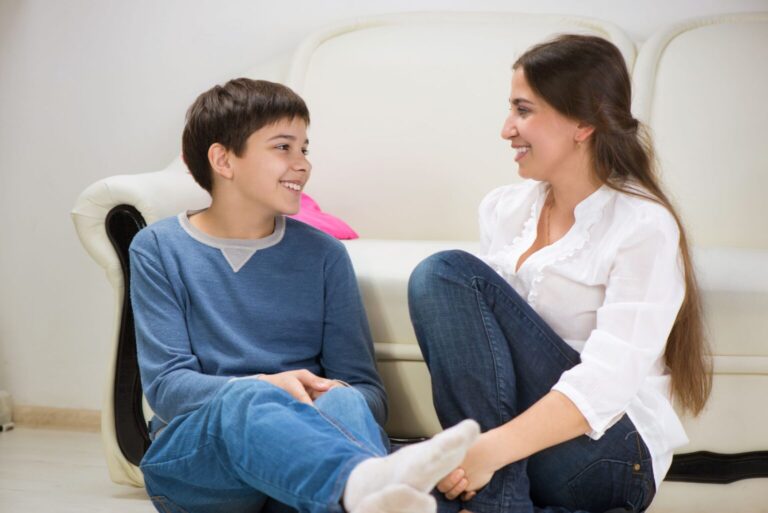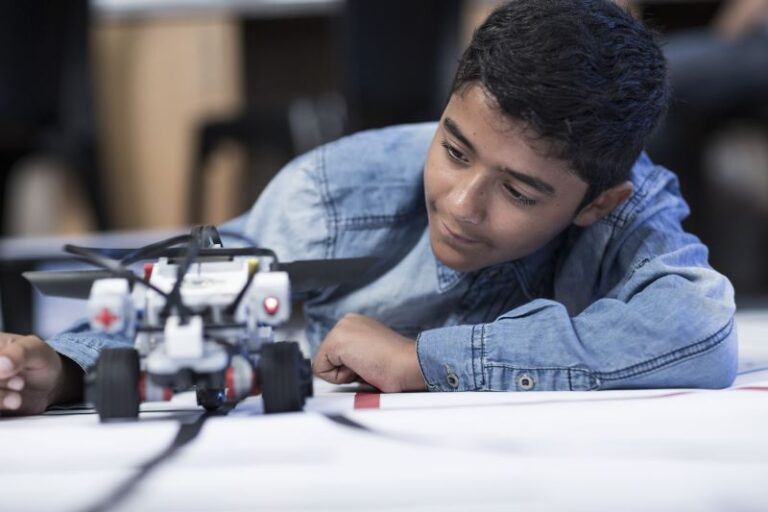
How to help teenagers understand their diagnosis
Teenagers with learning disabilities generally struggle with their self-image, as they are more aware of their learning difficulties than their younger selves. Low self-esteem in teenagers can lead to feelings of embarrassment, failure, and worries about the future. Hence, it is the perfect time to help teenagers understand their diagnosis, if you have not already done so. Parents often have concerns about talking to their children about their diagnosis. They fear that their child will feel labelled and different, and they do not want to hurt their feelings. But these concerns are often misplaced as children are first to notice that they are struggling. So instead of avoiding, you must strive to make sure that you help your teenagers understand their diagnosis about learning disabilities or ADHD.
Help teenagers understand their diagnosis – The Benefits
If teens are not aware of their condition, they make up explanations for their struggles. They may have negative thoughts like “I’m stupid”, or “I am not capable of learning this”, or “what is wrong with me” etc. They might start researching and may end up with wrong notions about themselves. Knowing about the condition will make them understand their strengths and weaknesses, and it will allow them to ask for help when needed. They can also advocate for themselves; self-advocacy is a vital skill for teenagers as they move towards adulthood. Encourage and develop self-advocacy skills in your teenager.

How to talk to your teenager about their condition
Help your teenagers understand their diagnosis by constantly talking to them. Making them understand their condition cannot be a one-time discussion, give them necessary information gradually and sometimes informally. Let them ask questions, if these questions arise spontaneously, in a situation, use them as “teachable moments” and answer them honestly. For the first planned conversation, pick the time wisely. Pick a time your child is relaxed, and their mind is not preoccupied with other things like going out to play or playing a video game. The way you talk to your child will also have a lasting impact on how they feel about themselves. Keep your language simple and sensitively speak to them.
Start your conversation by explaining what “learning disabilities” are and making sure they understand that having a disability does not make them “stupid” or that they will not be successful in life. Ensure they know that you love and accept them and that the condition is only a part of who they are. Their condition does not define them, and they are perfectly capable of achieving whatever they wish for in life. Show them examples of successful people, with learning disabilities or ADHD, who have thrived in their personal lives and careers. If needed, take help from a professional for the initial conversation.

Focus and emphasise on strengths rather than weaknesses as your child will be aware of their limitations by now, but sometimes it becomes difficult for teens to recognise their skills. Do not let them use their diagnosis as an excuse to stop trying. Help them build on their skills, e.g. art, memory, music, sport, etc. It will increase their self-confidence. Appreciate their abilities and encourage them to pursue them at home and school.
Let your child feel that they are not alone and that they have a strong support system. You, their siblings, teachers, and professionals are always there to help and listen to them. The goal should be to help your child understand their condition accurately and to accept themselves.